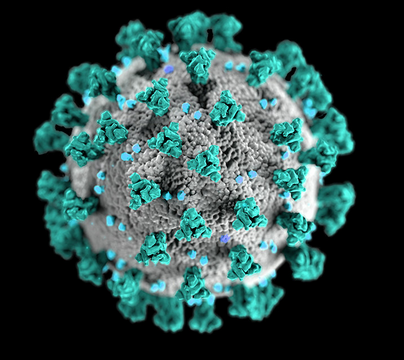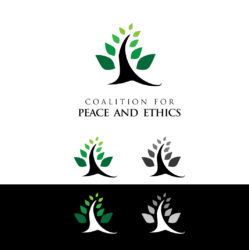
Please submit questions to -VirusConfPSU@gmail.com- (please use heading “Roundtable Question”). The following questions have been submitted. Answers provided by participants.
Questions from Dr. Pui Yin Lo:
1. Have courts remained open in the jurisdictions affected by the Covid-19 outbreak? Should courts have remained open?
2. Does “Inter arma enim silent lēgēs” has a public health emergency equivalent “Inter pestilentia enim silent leges”?
3. How can courts remain accessible to litigants (including those who wish to challenge emergency measures taken by the executive authorities)?
Questions from Xinyi Cao:
1. What will the US government do, if the outbreak happens first in US?
2. How could the government do to protect its citizen while do not cause harm to the citizen’s human rights? What is the government’s administrative power in this kind of emergent situation?
3. How could the government balance public interests and individual human rights?
Questions from the Coalition for Peace & Ethics
- The last 40 years saw a global order whose elites increasingly sought consensus on the concept approaching an ideal of a word without borders; COVID-19 responses, however have seen borders re-emerge not just between states, but also between national sub-units (provinces, states in a federal system), and within multilateral quasi constitutional orders such as the European Union. Is it possible to discern from the actions of states respecting the solidification of their borders any actions or regulatory policy changes that will survive the pandemic and become more permanent?
- Will these changes differentiate between free movement of persons and free movement of capital and investment? And if so to what extent might be source their legitimacy in national (and global) health protection principles?
- Before 2019 the issue of migration took a very specific form, anchored in the trauma of the Second World War (except of course for the forced ethnic cleansing in Europe between 1945 and 1948) and grounded on the narrative of the worthy refugee; to what extent has COVID-19 and its national responses affected either the power of that narrative or its influence?
- During the course of the pandemic it has become clear that accurate conversation about the disease and its effects has been constrained by sometimes substantial differences in the way that states account for mortality and infection rates. That problem has been compounded by the lag of scientific knowledge about the virus, to be sure, but even in the face of agreement about the character of the disease, the data produced by states appears largely incapable of useful comparison. Ought there to be a single global standard for data collection, analysis, and disclosure? If so, where might be the most useful place for undertaking such a project?
- The World Health Organization has come in for some significant criticism during the course of its engagement with COVID-19; to what extent do you believe those criticisms are justified and what can be done to correct the problems these criticisms point to?
- Why are states devoting so much energy to the issue of the origin of the virus? What are the implications for international (and bilateral relations)?
Questions from Alice Hong
1 Will the outbreak pandemic lead to a global economic recession?
2. What should nations do in order to develop a stronger public health systems?
3. What are the role of international and non-governmental organizations during the outbreak of a pandemic?
Questions From Channalyn Tek
1. What are your thoughts on supply chain production, especially in the bilateral trade relationship between China and the United States?
2. There is much xenophobia around the globe toward China, even in China toward other foreigners – How do you see the trade relationships shifting if Nationalism continues to heighten?
3. There are so many rumors and disinformation in the media surrounding COVID-19; What are the perceptions of other nations on the lack of a cohesive structure in the United States?
4. Additionally, do you believe there will be a dynamic shift in diplomatic relationships within the P5 and other nations that would typically rely on the United States for bailouts?
Unattributed Questions:
1. Should WHO improve their response to emerging sickness in countries? What more can they do if countries across the board suppress information and hide the true impact of the disease?
2. Do you think COVID-19 will slow international business and the process of globalization?
3. Should the world agree to stagger its economic activity to ensure that the earth can recover?
4. Should industries build in no work days when they go for periods of time without emitting CO2?
5. It has been proven that people can work from home and school from home? Should there be periods when everyone should stay at home?
6. Has the COVID-19 epidemic provided information on policy development around pay? Who is an essential employee and how much should they be paid?
Questions From Sun Ping
1. Are there more and more political figures and scholars thinking of uncoupling with China seriously in the US?
2. Will the state of emergency help the Trump administration to accelerate the “uncoupling”, such as Mr. Larry Kudlow advised, “pay the moving costs of American companies leaving China”?
3. Or is it possible for the President to pay the costs whether in or after the state of emergency?
RETURN TO CONFERENCE HOMEPAGE HERE

